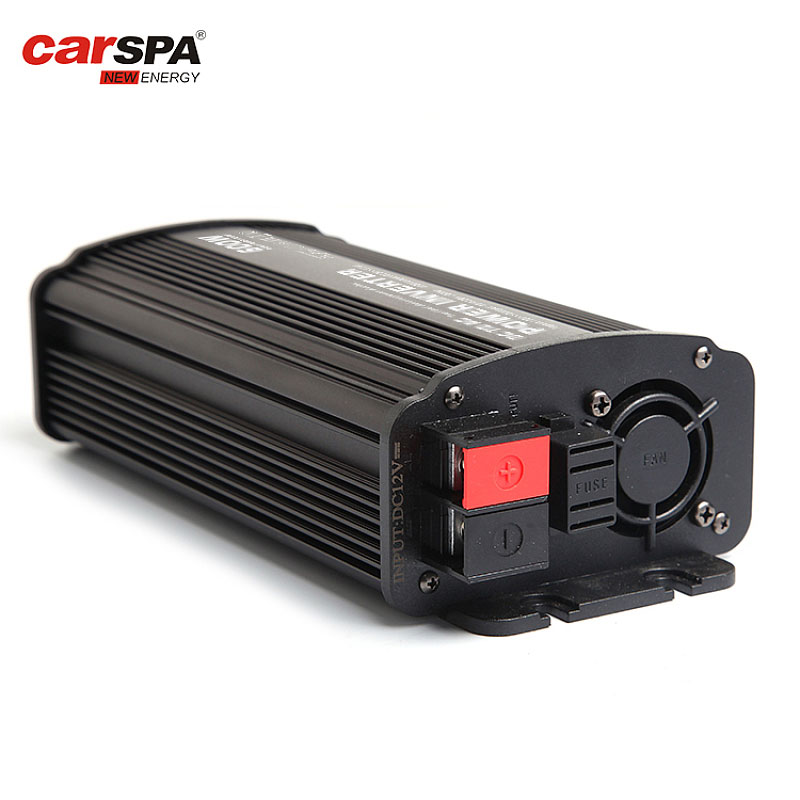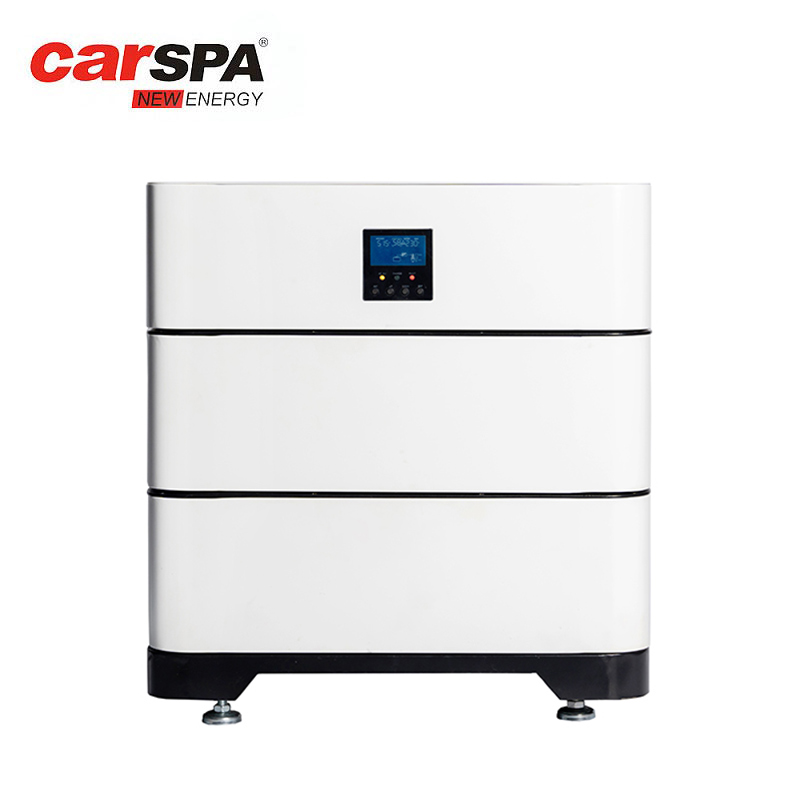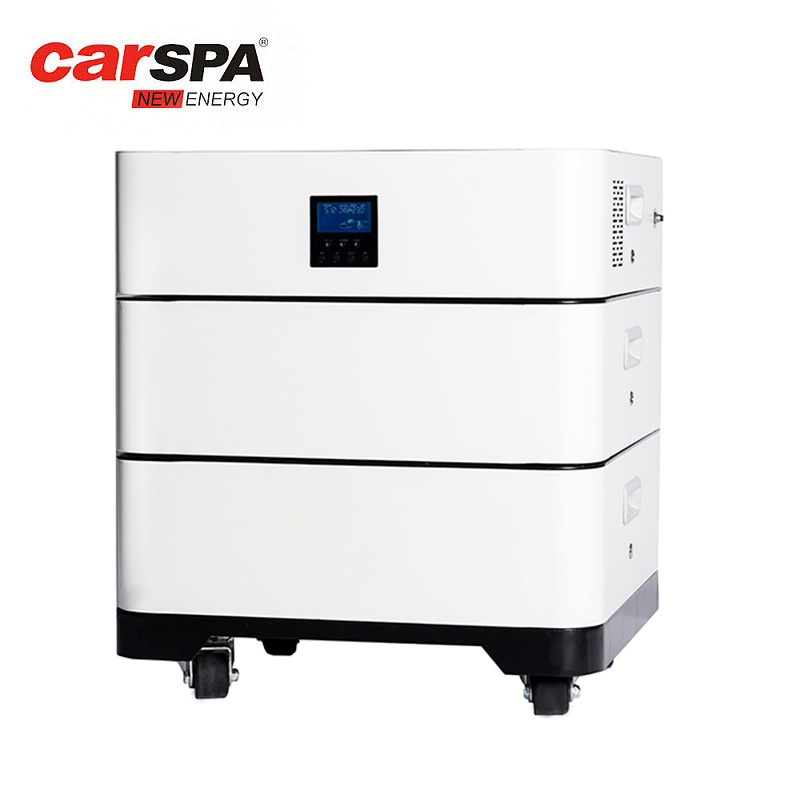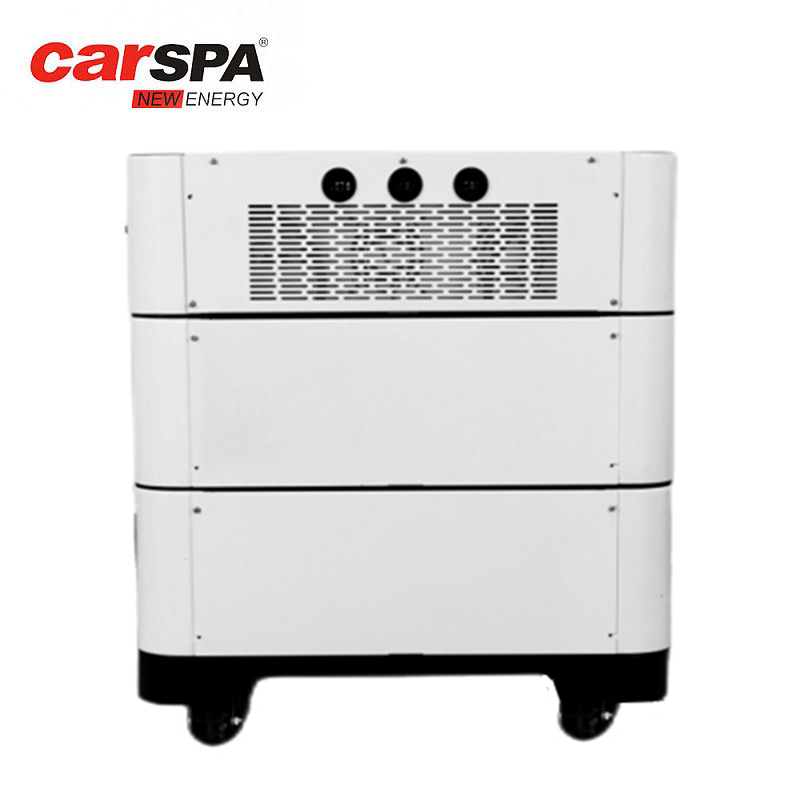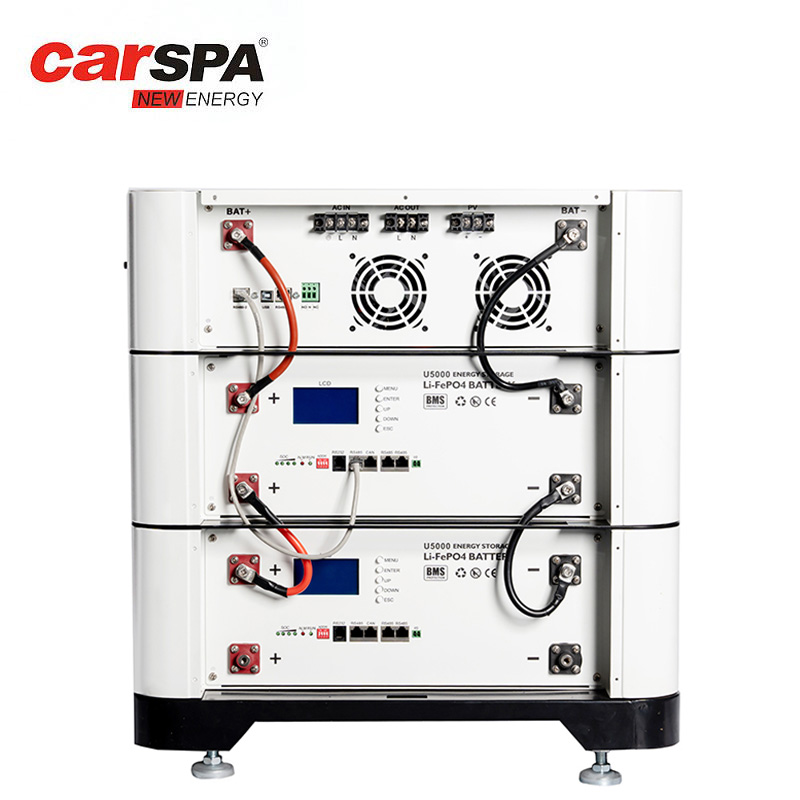Energy Storage Revolution: How Commercial Systems are Changing the Game
Commercial energy storage systems are revolutionizing the way we manage and utilize energy.
What are the advantages of commercial energy storage systems?
(1) The ability to store and release electricity on demand
(2) Have power grid stability
(3) Renewable energy integration
(4) Peak load management

What is a commercial energy storage system?
A commercial energy storage system is a technological solution designed to store energy for future use.
What are commercial energy storage systems used for?
Commercial energy storage systems enables large-scale energy storage in commercial and industrial sectors, providing the ability for flexible energy management and optimized energy utilization.
How does commercial energy storage system work?
1. Balancing Disparity between Energy Supply and Demand
Commercial energy storage systems balance the disparity between energy supply and demand by storing surplus energy for later use.
2. Conversion of Energy into Storage Forms
These systems typically convert energy into storage forms. Examples of Storage Forms:
(1) Battery Storage
(2) Pumped Hydro
(3) Compressed Air
3. Meeting High Energy Demand
Commercial energy storage systems can release stored energy during periods of high energy demand to meet the needs of commercial and industrial users.
4. Flexible Energy Consumption Adjustment
This flexibility allows energy consumption to be adjusted according to demand, thereby reducing energy costs and optimizing energy utilization efficiency.
What are the characteristics and advantages of commercial energy storage systems?
1. Energy balancing and flexibility
Commercial energy storage systems balance the disparity between energy supply and demand by storing and releasing energy to meet varying needs. This flexibility enables energy consumption to be adjusted based on the actual requirements of commercial and industrial users.
2. Integration of renewable energy
Commercial energy storage systems facilitate better integration of renewable energy sources, addressing the intermittency and variability issues of renewable energy. Storage systems can store and balance the differences between renewable energy generation and consumption, thereby improving the utilization of renewable energy.
3. Peak demand management
Commercial energy storage systems can be used to manage peak energy demands. During periods of high energy demand, the storage system can release stored energy to meet the additional energy needs, reducing reliance on the traditional power grid.
4. Backup power and emergency preparedness
Commercial energy storage systems can provide backup power and energy support during emergencies. In the event of grid failures or power outages, the storage system ensures a continuous energy supply for commercial and industrial users, ensuring business continuity.
What are the main application areas for commercial energy storage systems?
1. Renewable Energy Integration
Commercial energy storage systems play a crucial role in integrating renewable energy sources into the grid.
How does a renewable energy grid-connected commercial energy storage system work?
Commercial energy storage system help address the intermittency and variability of renewable energy generation by storing excess energy during periods of high production and releasing it during low production or high demand, thus ensuring a more stable and reliable renewable energy supply.
2. Peak Shaving and Load Management
How Peak Shaving and Load Management commercial energy storage systems work?
Commercial energy storage systems are used to manage peak electricity demand by storing energy during off-peak hours and supplying it during peak demand periods.
What are the advantages of Peak Shaving and Load Management commercial energy storage systems?
This helps reduce strain on the grid, prevent blackouts, and minimize the need for expensive infrastructure upgrades to meet peak energy demands.
3. Microgrid and Off-Grid Power Systems
Commercial energy storage systems are integral components of microgrids and off-grid power systems.
What are the main applications of Microgrid and Off-Grid Power Systems commercial energy storage systems?
They provide reliable and independent power supply in remote or isolated areas, enabling businesses, communities, and critical facilities to operate autonomously without relying on the main power grid.
4. Frequency Regulation and Grid Stabilization
Commercial energy storage systems can provide grid stability services by responding rapidly to fluctuations in electricity supply and demand. They can inject or absorb power instantaneously, helping maintain grid frequency within acceptable limits and improving overall grid stability and reliability.
5. Backup Power and Emergency Preparedness
Commercial energy storage systems serve as backup power sources during power outages or emergencies.
Backup Power and Emergency Preparedness What are the main applications of commercial energy storage systems?
They provide critical electricity supply to businesses, hospitals, data centers, and other essential facilities, ensuring continuous operations and preventing financial losses or disruptions.
6. Demand Charge Management
Commercial energy storage systems help manage electricity demand charges imposed by utilities. By storing electricity during low-demand periods and discharging it during peak demand periods, businesses can reduce their peak power consumption and lower their electricity bills.
7. Ancillary Services
Commercial energy storage systems can participate in various ancillary service markets.
What ancillary services can commercial energy storage systems market?
(1) Frequency regulation
(2) Voltage support
(3) Grid congestion management.
They contribute to the stability and reliability of the overall electricity grid by providing fast and flexible responses to grid operators' requirements.
8. Electric Vehicle Charging Infrastructure
Commercial energy storage systems can support the deployment of electric vehicle (EV) charging stations.
What are the main challenges facing commercial energy storage systems?
Electric Vehicle Charging Infrastructure What does a commercial energy storage system do?
They can store excess electricity during off-peak hours and supply it for EV charging during peak demand periods, ensuring efficient and reliable charging infrastructure.
What are the main challenges facing commercial energy storage systems?
1. Cost
The upfront costs of installing commercial energy storage systems can be significant, especially for large-scale installations.
However, as technology advances and economies of scale are achieved, costs are expected to decrease over time.
2. Regulatory Framework
The regulatory environment for commercial energy storage systems is still evolving in many regions.
Uncertainties around energy storage tariffs, grid interconnection rules, and market structures can create barriers to entry and inhibit the deployment of storage projects.
3. Lack of Standardization
The energy storage industry lacks standardized technical and performance metrics, which can make it challenging to compare and evaluate different storage technologies and solutions.
The absence of standardized testing procedures and performance evaluation criteria can create uncertainties for investors and hinder the widespread adoption of commercial energy storage systems.
4. Technology Maturity and Performance
Although significant advancements have been made in energy storage technologies, some systems are still relatively new and may lack a proven track record of long-term performance and reliability.
Demonstrating the reliability, safety, and durability of commercial energy storage systems is crucial to build confidence among stakeholders and ensure their successful integration into the energy landscape.
5. Limited Market Opportunities
The market opportunities for commercial energy storage systems can be limited in certain regions. The availability of other flexible resources, such as natural gas peaker plants, can create competition for energy storage projects.
6. Technological Compatibility
Integrating energy storage systems into existing infrastructure and energy networks can pose technical challenges. Ensuring compatibility with different grid systems, voltage levels, and communication protocols requires careful planning and coordination.
7. Environmental Impact
Depending on the materials used and the end-of-life management practices, energy storage systems may have associated carbon emissions, resource depletion, or waste disposal challenges
In conclusion
while commercial energy storage systems hold tremendous promise for transforming our energy landscape, they face significant challenges that must be overcome.
The industry is actively addressing these challenges through technological advancements, policy and regulatory support, and collaborative efforts.
By reducing costs, improving storage capacity, optimizing system performance, and ensuring safety and sustainability, we can unlock the full potential of commercial energy storage systems and accelerate the transition towards a cleaner, more resilient, and sustainable energy future.
We can expect that one day in the future we can fully use clean energy to replace the existing combustion power generation or other non-clean energy.
But at present, the technology of household energy storage is more perfect than that of large-scale commercial energy storage. In the long run, installing a solar energy storage system in a family not only contributes to energy conservation and environmental protection, but also greatly reduces the cost of electricity for households. Therefore, household energy storage products are currently attracting attention.







